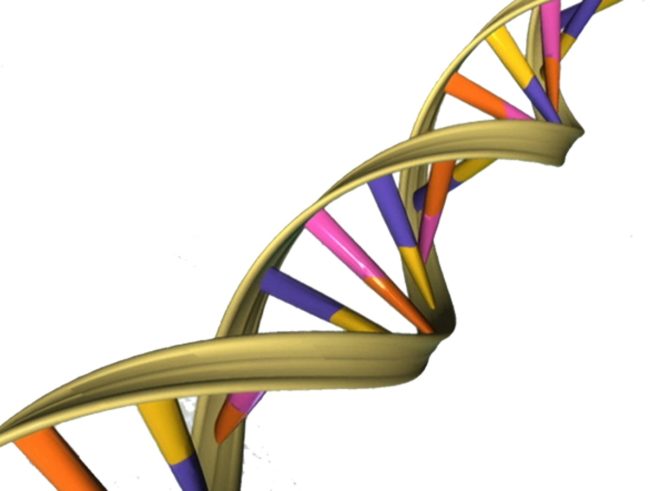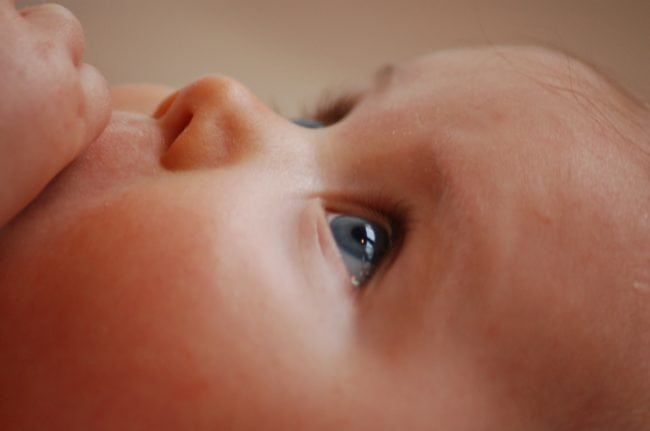Sex hormone genes could determine a person’s gender identity

The research shows that you can be genetically predisposed towards being trans (Pexels)
A person’s genes can show if they are predisposed to be transgender, new research has suggested.
The study, titled “A genetic link between gender dysphoria and sex hormone signalling,” was published in the peer-reviewed The Journal of Clinical Endocrinology & Metabolism on September 21.
It found that trans people’s sex hormone genes tend to look different to those of cisgender people and produce different physiological results.

Genes in trans and cis people tend to be different (wikimedia commons)
This research adds to several previous studies that indicate that being transgender is a matter of a person’s biology—such as the University of São Paulo’s Medical School research, released last year, which found that the brains of trans and cis adults are significantly different.
It discovered that a region of the brain called the insula had a distinct volume, depending on whether it was in the brain of a trans or cis subject.
This latest research, which looked at 380 trans women and 344 cis men in Australia and the US, has revealed a significant link between genes for sex hormones and whether someone is a cis man or a trans woman.
While the make-up of the several specific genes analysed by researchers does not guarantee that the subject will or won’t be trans, it makes it much more likely.

The participants were in Australia and the US (Pexels)
In May, a study conducted by Dr Julie Bakker at the University of Liège’s Laboratory of Neuroendocrinology revealed that a brain scan can reveal someone’s gender identity.
Both the physical content and actions of a subject’s brain can show that they are trans, even before they’ve started puberty, it was discovered.
Bakker explained in her study that the scans’ results corroborated subjects who reported having gender dysphoria.
The professor said that this “supports the hypothesis of a sex-atypical brain differentiation in these individuals.”

The researchers got more than 600 participants (Pexels)
And in February, another piece of research found that the way a child as young as five speaks can indicate their gender identity.
Children of different genders have no physiological reason to sound different before puberty, but they do anyway—and researchers now found that this was because they choose which adults’ speaking styles to imitate.
The patterns they decide to copy can show whether or not they have gender dysphoria.

Trans children who are supported are equally likely to have depression as cis kids (Pexels)
Professor Ben Munson of the University of Minnesota found of the 96 children he analysed—some of whom had been diagnosed with gender dysphoria—a child who lisped or used a clear, hyper-correct manner while pronouncing an ‘s’ was more likely to have gender dysphoria.
And allowing children to be their true selves is crucial, according to a study from last year which found that trans kids with supportive relatives and friends were no more likely to have depression than their cis peers.

